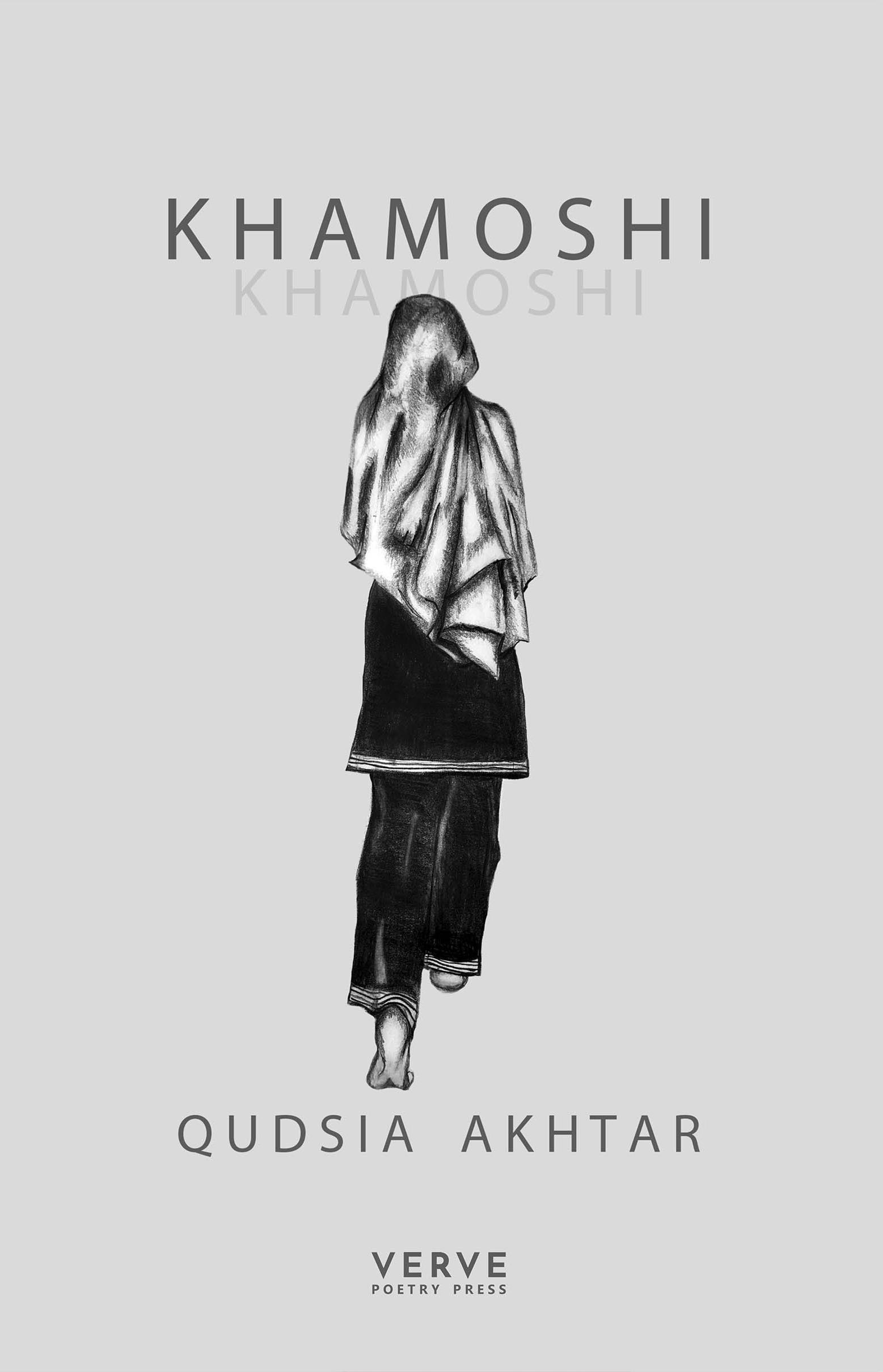
A Manchester-based poet...
Qudsia is in the second year of her Creative Writing PhD at the University of Salford exploring the complexities surrounding British-Pakistani experience. Her poems have appeared in the Acumen, Tower Poetry Anthology, Poetry Birmingham Literary Journal, and The Ofi Press.
Her work has been commissioned by the New Creatives Scheme. Qudsia's debut collection of poems Khamoshi is out with Verve Poetry Press. To put it quite simply, “Qudsia is my name and poetry is my game”.
